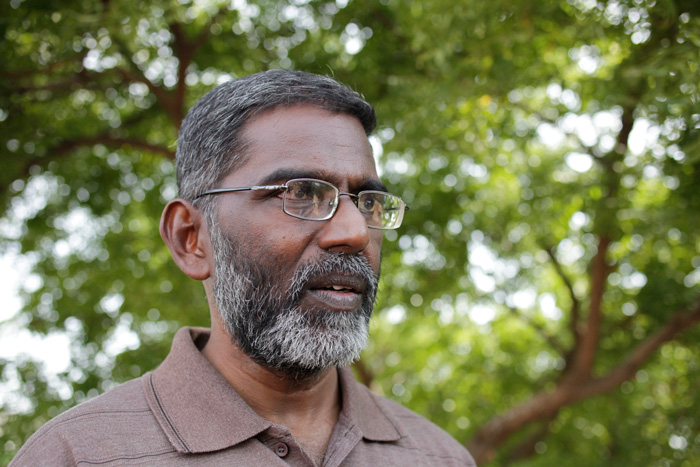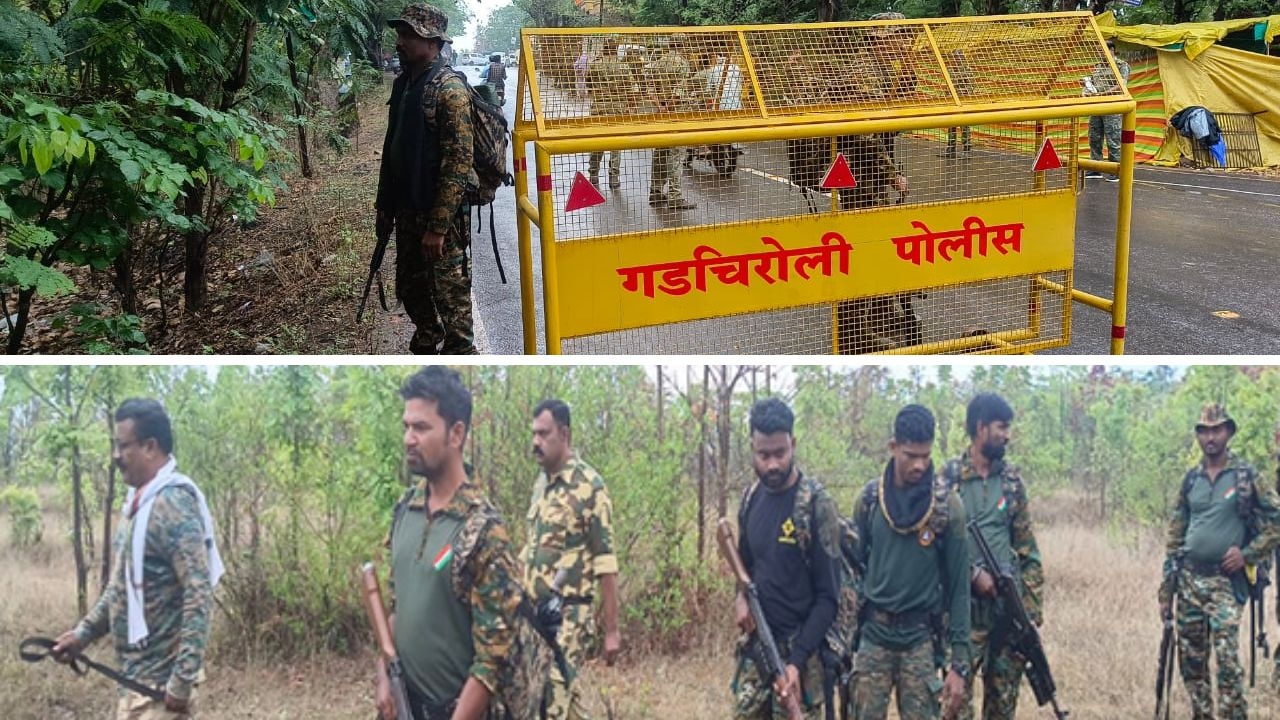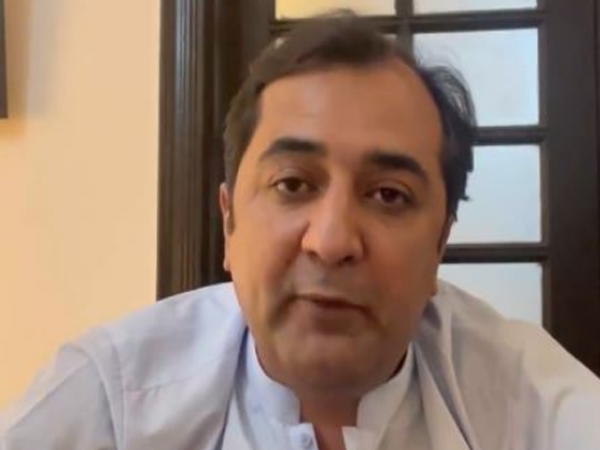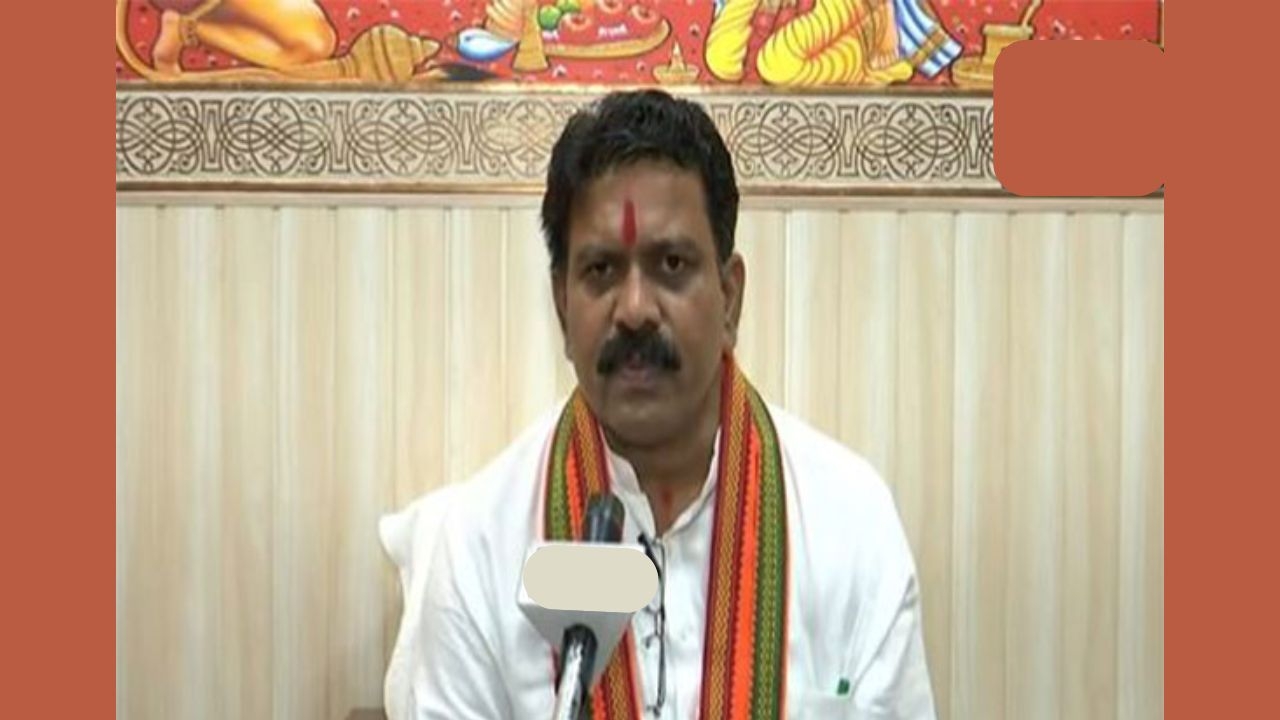
India and Japan have agreed on what could be termed as the second biggest civil nuclear pact after an elaborate stint with the US.
But the Indo-Japan nuke bonding is not going down well with anti-nuclear activists across the country.
Catch spoke to the convener of the People's Movement Against Nuclear Energy, SP Udayakumar, about the deal. Udayakumar had some rather strong views on the issue. Here are the excerpts from the interview:
SR- How is the deal going to be a catalyst for nuclear power operations in India?
SP- Japanese companies have licenses for supplying technology to the American companies who have established their reactors in Gujarat's Mithi Virdi and Andhra Pradesh' Kovvada.
- For example the Japan's industry major Toshiba has major stakes in Westinghouse (a major reactor supplier to India) and also supplies components for reactors set up by the US firm. Another Japanese firm Hitachi has stakes in General Electric that proposes to set up nuclear plant in Andhra Pradesh.
- Further it would also facilitate the French nuclear giant Areva's project in Jaitapur, Maharashtra, which is facing a lot of ire due to its estimated environmental impacts.
- Also after the Fukushima set back the India-Japan nuclear deal is strongly linked to keeping Japan's nuclear manufacturers afloat.
SR- What is your take on the deal
SP- This is a suicidal move by India for following reasons-
Fukushima Ghost
Clearly we have not taken any lessons from the Fukushima tragedy which is still haunting Japan and will continue to do so for years to come. What we need to wisely understand is that a country like Japan, which is technologically way more advance then us, is not able to contain the impact of the nuclear disaster. What if unfortunately such a catastrophe unleashes itself on India?
Countering natural disasters
We have tremendously failed to check the unprecedented damage of Chennai floods. What if such a natural disaster triggers a nuclear accident in future? It is way more difficult to reach out for relief in the areas contaminated with radioactive radiations.
Deviation from COP 21 commitments
- Nuclear energy is technically not a clean energy option and definitely not an answer to the global warming woes.
- Moreover the materials like iron and steel which are massively required for infrastructure of a nuclear plant will in turn add to the carbon emissions.
- Most importantly how are we going to manage nuclear waster which is going to lie around for 48,000 years? Are we ready to deal with it efficiently? We are not even discussing about the e-commissiong and waste management costs.
- Also the electricity obtained from the imported reactors is going to be extremely high. (Going by the cost of EPRs in Britain, each Indian reactor may cost as much as Rs 60,000 crore). Why can't we instead invest more into renewables (solar, wind and tidal) energy and plan towards reducing the electricity cost?
The move taken by the government to sign the pact in haste is clearly reflective of the government's intentions to serve the interest of foreign corporations rather than easing things for its own people.
SR- Can this be compared to the Kudankulam?
SP- The Kodankulum plant which was established during UPA 2 was shut down this year on 24 June as it failed to yield any results. But the most surprising aspect is that Rs 35 crore worth of diesel was purchased for the plant and there is no estimate of where it was used.
- The government said that the second unit of the plant will start functioning in 2014 but now they have shifted the commencement to 2017. I am afraid that other nuclear reactors will meet the same fate. They will either turn out to be a black hole for wasting money or a recipe for an unprecedented disaster.



![BJP's Kapil Mishra recreates Shankar Mahadevan’s ‘Breathless’ song to highlight Delhi pollution [WATCH] BJP's Kapil Mishra recreates Shankar Mahadevan’s ‘Breathless’ song to highlight Delhi pollution [WATCH]](http://images.catchnews.com/upload/2022/11/03/kapil-mishra_240884_300x172.png)

![Anupam Kher shares pictures of his toned body on 67th birthday [MUST SEE] Anupam Kher shares pictures of his toned body on 67th birthday [MUST SEE]](http://images.catchnews.com/upload/2022/03/07/Anupam_kher_231145_300x172.jpg)






